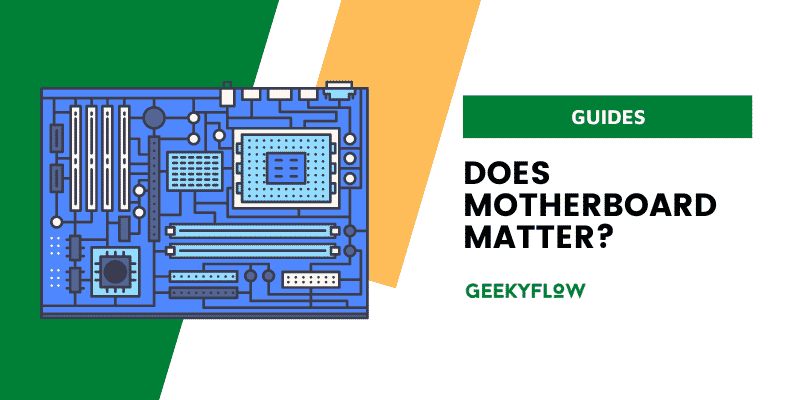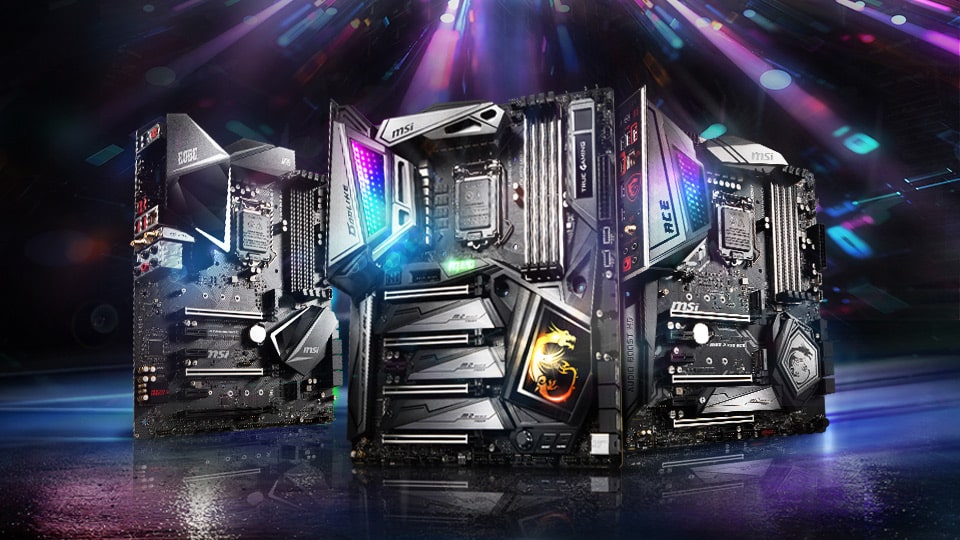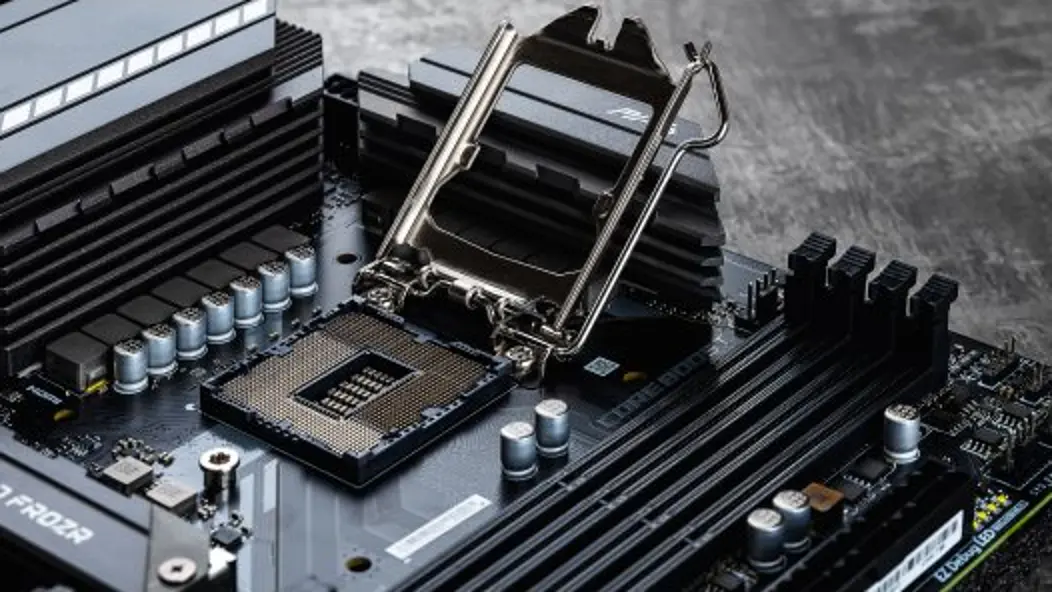Does Motherboard Matter? Find out

A motherboard is one of the most important parts of a computer. It is the main circuit board that holds all the components of a computer together. The processor, memory, hard drive, and other components all connect to the motherboard.
The motherboard is what allows all these different parts to communicate with each other. It also provides power to all the different components. But for some reason, people do ask does motherboard matter?
Well, it surely does. But let’s understand it in depth.
Contents
Does Motherboard Matter?
So, does motherboard matter? The answer is yes and no. It depends on what you are using your computer for. If you are a casual user who uses your computer for basic tasks like browsing the internet, checking email, and watching videos, then the answer is no.
You will not notice any difference in performance between different motherboards. The motherboard does not have a big impact on casual use.
However, if you are a power user or a gamer, then the answer is yes. The motherboard matters a lot for power users and gamers. The reason is that they need their computer to perform at its best.
They need every component to work together perfectly to get the best performance. And for that, they need a good quality motherboard. Moreover, some motherboards, which are of technology, do not support the latest hardware such as 9th and 11th generation processors.
So, it is important to check the compatibility of the motherboard with the processor before buying it. Another factor to consider is that the motherboard should have enough slots for all the components you need.
For example, if you want to install four GPUs, then you need a motherboard that has four GPU slots. Otherwise, you will not be able to install all the GPUs or upgrade memory and storage.
How to Choose a Good Motherboard?
So, if you are a power user or gamer, then you need to choose a good quality motherboard for your computer. But how do you choose a good motherboard? There are a few things you need to consider.
Compatibility
The first thing to consider is compatibility. You need to make sure that the motherboard you are choosing is compatible with all the other components of your computer. The processor is the most important component.
The motherboard should be compatible with the processor. Otherwise, you will not be able to use all the features of the processor. Another important factor is slot compatibility.
The motherboard should have enough slots for all the components you need. For example, if you want to install four GPUs, then you need a motherboard that has four GPU slots. Otherwise, you will not be able to install all the GPUs.
Features
The next thing to consider is the features of the motherboard. The motherboard should have all the features you need. For example, if you want to overclock your processor, then you need a motherboard that supports overclocking.
Some motherboards also come with built-in WiFi and Bluetooth. If you need these features, then you need to choose a motherboard that has them.
Budget
The last thing to consider is your budget. Motherboards come in all different price ranges. You need to choose a motherboard that fits your budget.
If you are a casual user, then you do not need to spend a lot of money on a motherboard. A cheap motherboard will be good enough. But if you are a power user or gamer, then you need to spend more money on a good quality motherboard.
Do You Need a Good Motherboard for Gaming?
For gaming, you definitely need a powerful motherboard, as it is one of the most important parts of a gaming PC. It needs to be compatible with all the other gaming components, such as graphics cards, storage, memory, and processor.
A good motherboard for gaming also needs to have all the latest features, such as support for overclocking, multiple graphics cards, and high-speed storage.
However, you do not need to spend a lot of money on a motherboard. A mid-range motherboard will be good enough for gaming.
Are gaming motherboards worth it?
Yes, gaming motherboards are worth it because they offer features that are essential for gaming. One of the most important features is support for overclocking, which allows you to get more out of your CPU and GPU.
Additionally, gaming motherboards often have better audio and networking capabilities than standard motherboards. Moreover, they usually come with more robust power delivery systems, which is important for high-end gaming PCs.
FAQs
Do motherboards make a difference?
The answer depends on your needs. If you are a casual user, then the answer is no. The motherboard does not have a big impact on casual use.
However, if you are a power user or gamer, then the answer is yes. The motherboard matters a lot for power users and gamers.
Is it worth getting a better motherboard?
Definitely, it is worth getting a better motherboard if you are a power user or gamer. A better motherboard will give you better performance and more features. However, if you are a casual user, then it is not worth spending extra money on a high-end motherboard.


